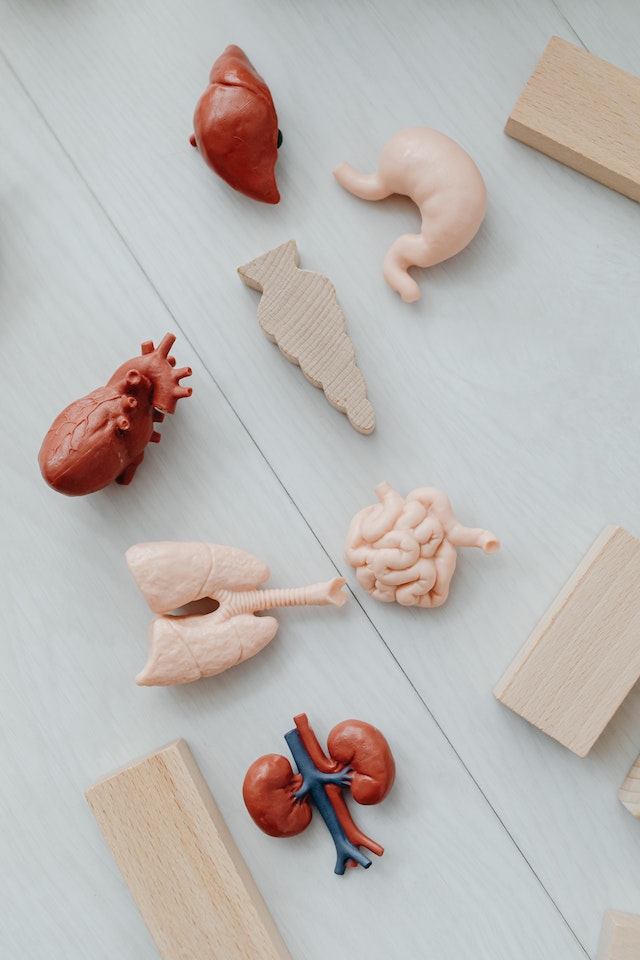Introduction:
Registering as an organ donor is a powerful decision that allows individuals to contribute to saving lives and improving the well-being of others. By taking the necessary steps to register and make your wishes known, you can ensure that your desire to donate organs after death is fulfilled. This article provides guidance on how to register as an organ donor and emphasizes the importance of communicating your intentions to family members.
- Research the Organ Donation Process:
Start by familiarizing yourself with the organ donation process in your country or region. Understand the legal and medical aspects of organ donation, including the procedures involved, the organs and tissues that can be donated, and any specific requirements or restrictions.
- Determine the Registration Method:
Explore the available registration methods to become an organ donor. These methods may vary depending on your location. Common options include online registration through official organ donation websites, registering through your driver’s license or identification card, or completing a paper registration form provided by organ procurement organizations or relevant government agencies.
- Register Online:
Many countries provide online platforms for individuals to register as organ donors. Visit the official organ donation website of your country or region and follow the registration instructions. Provide the required information, which may include personal details, contact information, and consent for organ donation. Ensure that you understand and agree to any specific terms or conditions associated with the registration.
- Register through Driver’s License or Identification Card:
In some jurisdictions, you can indicate your organ donation preference when obtaining or renewing your driver’s license or identification card. Check if this option is available in your area and make your wishes known during the application process. Ensure that the information is accurately recorded on your identification document.
- Complete a Paper Registration Form:
If online registration or driver’s license options are not available, you may need to complete a paper registration form. Organ procurement organizations, hospitals, or government agencies often distribute these forms. Contact the appropriate authority to request a form, carefully fill it out with accurate information, and submit it as instructed.
- Inform Your Family:
While registering as an organ donor is crucial, it is equally important to discuss your decision with your family members. Inform them about your desire to be an organ donor and explain your reasons for making this choice. By having open and honest conversations, you can ensure that your family understands and respects your wishes, which can greatly facilitate the donation process in the event of your death.
- Carry Donor Card or Document:
After registering as an organ donor, consider carrying a donor card or document with you. This can serve as a visible reminder of your intention to donate and can be helpful in emergency situations. Additionally, inform your close contacts, such as family members, close friends, or healthcare providers, about your decision and let them know where your donor card or document is located.
Conclusion:
Registering as an organ donor and making your wishes known is a proactive step towards potentially saving lives and positively impacting others even after your passing. Research the organ donation process in your area, explore registration options, and choose the method that best suits your circumstances. Equally important is communicating your decision to your family members and carrying a donor card or document as a visible reminder. By taking these steps, you can make a significant contribution to the gift of life through organ donation.




